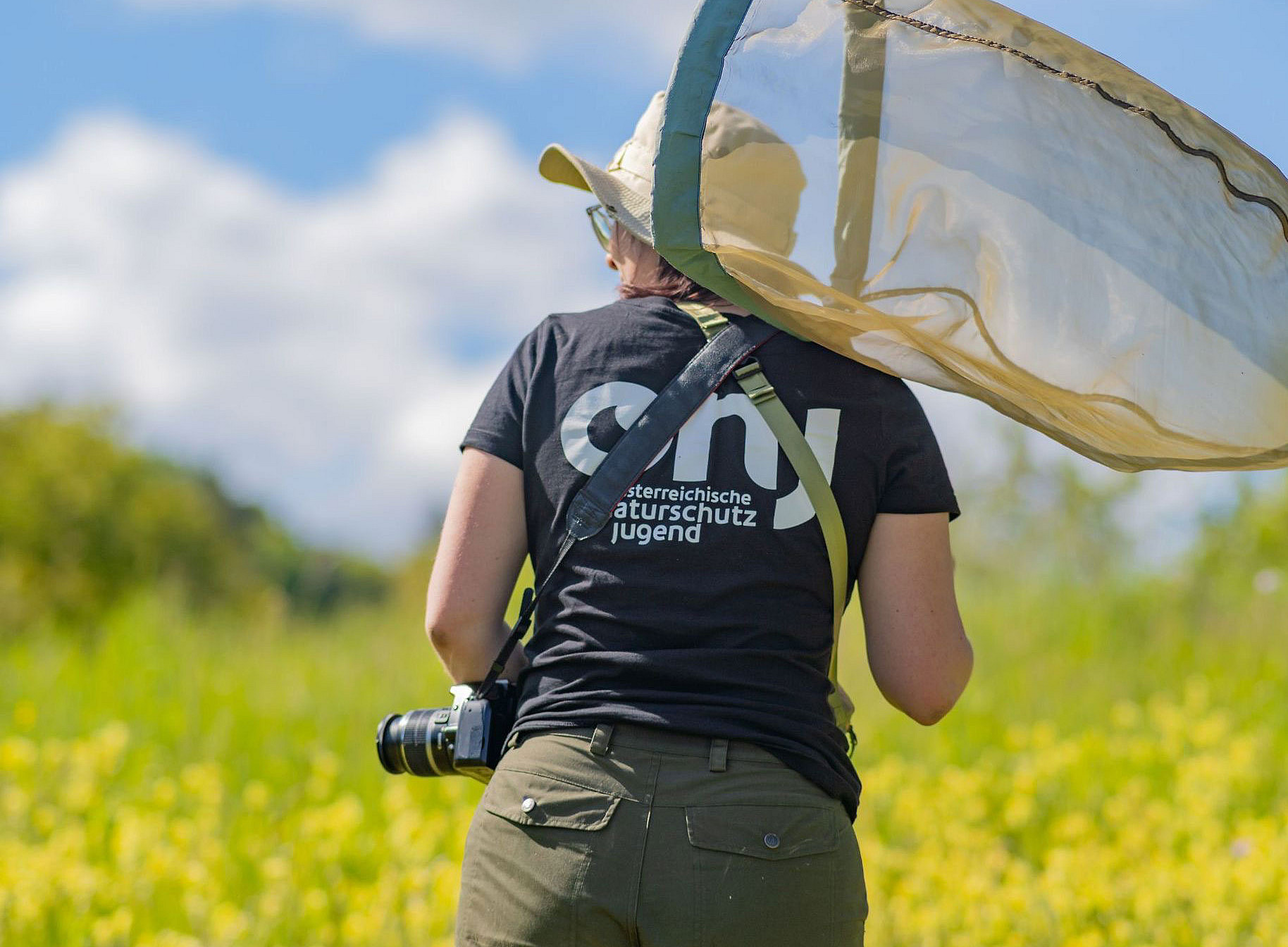Schmetterlinge, Schwammerl oder Schachtelhalme: Im Rahmen der City Nature Challenge fotografieren Teilnehmer:innen sämtliche wild lebenden Tiere, Pflanzen und Pilze in der unmittelbaren Umgebung und laden sie zum Bestimmen auf eine Online-Plattform hoch. Der weltweite Wettbewerb findet von 25. bis 28. April 2025 statt, knapp 750 Regionen sind am Start. Für die Steiermark tritt der Großraum Graz bis zum Vulkanland an. „Es geht darum, so viele Arten wie möglich zu dokumentieren. Das fördert einerseits das Umweltbewusstsein und liefert andererseits eine bessere Grundlage für die Biodiversitätsforschung“, erklärt Gernot Kunz, Mit-Organisator und Biologe an der Universität Graz. In den vergangenen Jahren konnten die Wissenschaftler:innen immer wieder fast schon verschwundene oder neu angesiedelte Lebewesen unter den eingereichten Bildern entdecken.
Interessierte laden ihre Naturbeobachtungen über die kostenlose iNaturalist-App oder die Website www.inaturalist.org hoch und können auch bei der Bestimmung mithelfen. 2024 wurde Graz Europameister und schaffte international den dritten Platz mit über 4000 registrierten Arten.
Nähere Infos:
>> zur City Nature Challenge von Graz bis ins Vulkanland
>> zum internationalen Wettbewerb
>> zur Plattform iNaturalist
Wenn du dich für Natur und Umwelt interessierst, kannst du an der Universität Graz Biologie studieren.
